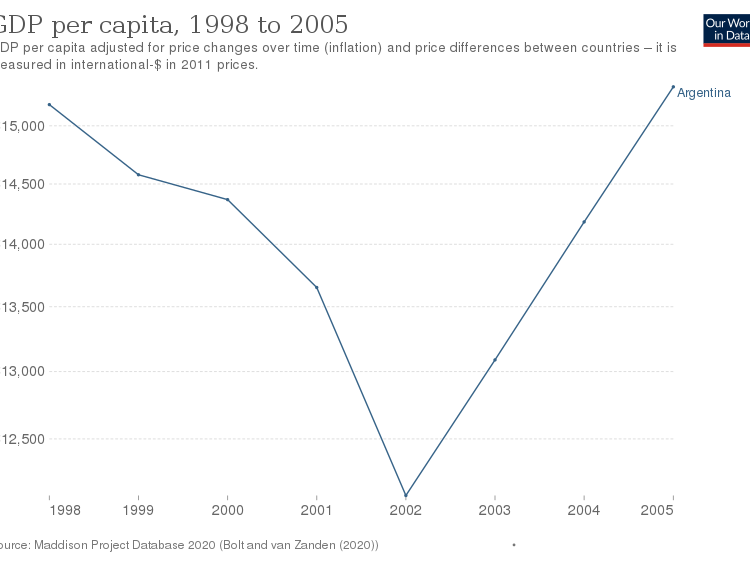How China’s export price drop affects the world
- China’s exports are dropping in price, making it a global disinflationary force
- The yuan’s depreciation and overcapacity in manufacturing contribute to the drop in export prices
- Cheaper Chinese goods help Western governments battle inflation, but could hamper their decoupling efforts
- China’s competitiveness in renewable energy and electric vehicles poses a challenge to the West
- The Biden administration may prioritize short-term gains from Chinese price-chopping
- The EU faces a complex situation with its commitment to the global energy transition and dependence on Chinese equipment
China’s exports are causing deflationary pressure on the global economy. The drop in export prices, driven by the depreciation of the yuan and overcapacity in manufacturing, has made China a global disinflationary force. While cheaper Chinese goods help Western governments battle inflation, they also pose challenges to their strategic ambitions. The West’s industrial production costs have soared, while China’s remain flat, giving China a competitive advantage. This advantage is particularly evident in renewable energy and electric vehicles, where China is sprinting towards global leadership. The Biden administration may prioritize short-term gains from Chinese price-chopping, while the EU faces a complex situation with its commitment to the global energy transition and dependence on Chinese equipment. The future of the global economy and the West’s relationship with China will require difficult negotiations and decisions.
Factuality Level: 7
Factuality Justification: The article provides some factual information about China’s export prices and the impact on Western economies. However, there are no sources cited for the claims made by the economists mentioned in the article, which lowers the overall factuality level.
Noise Level: 3
Noise Justification: The article contains some relevant information about China’s export prices and their impact on the global economy. However, it lacks depth and analysis, and the information provided is quite repetitive. The article also does not provide any evidence or data to support its claims. Overall, the article is filled with filler content and does not provide actionable insights or new knowledge.
Financial Relevance: Yes
Financial Markets Impacted: The article discusses China’s drop in export prices, which could have implications for global inflation and the competitiveness of Western economies. It mentions that cheaper Chinese goods are helping Western governments battle inflation, but in the long term, more competitive Chinese exports could hamper the West’s strategic ambitions.
Presence Of Extreme Event: No
Nature Of Extreme Event: No
Impact Rating Of The Extreme Event: No
Rating Justification: The article primarily focuses on China’s economic situation and its impact on global markets. It does not mention any extreme events or their impact.
Public Companies: Pantheon Macroeconomics (), Macquarie Group (), Volkswagen (VOW.Germany), Mercedes-Benz Group (MBG.Germany), BMW (BMW.Germany)
Key People: Xi Jinping (), Joe Biden (), Duncan Wrigley (Chief China Economist at Pantheon Macroeconomics), Larry Hu (Chief China Economist at Macquarie Group), François Chimits (Analyst at the Mercator Institute for China Studies), Arthur Budaghyan (Chief Emerging Markets Strategist at BCA Research)
Reported publicly:
 www.marketwatch.com
www.marketwatch.com 





